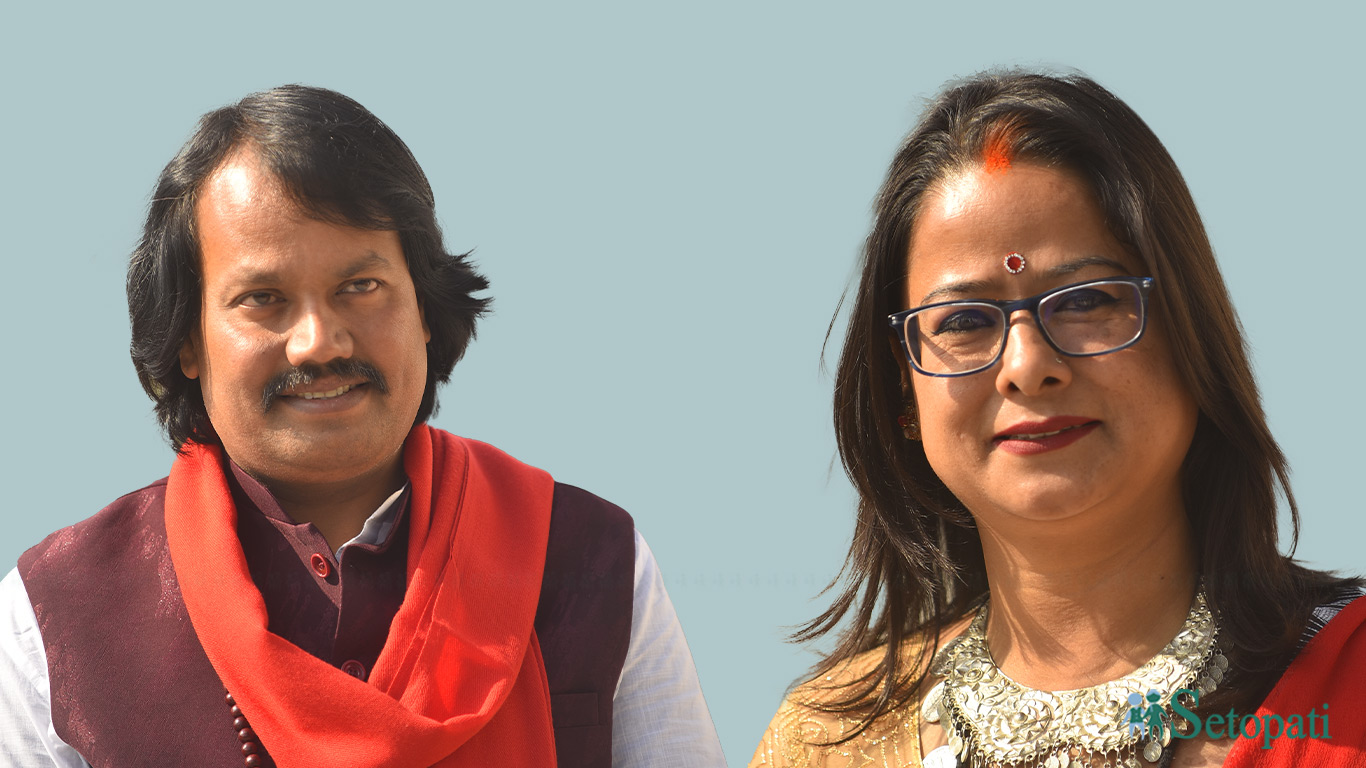The Janamat Party and the Nagrik Unmukti Party, which represent the two major (Madhesi and Tharu) clusters of the Tarai-Madhes region, are set to merge on Wednesday.
The merger will be announced at 11 AM on Wednesday in the Nepal Academy hall in Kamaladi.
Janamat and Nagrik Unmukti emerged from distinct backgrounds.
CK Raut, who had been leading the "Swaraj Campaign" advocating for a separate Madhes state, signed an 11-point agreement accepting Nepal's territorial integrity on March 8, 2019, and entered mainstream politics. He registered the Janamat Party on March 18 and also participated in by-elections.
Nagarik Unmukti, on the other hand, emerged from the Tharuhat and Tharuwan movements.
On August 24, 2015, a violent protest in Tikapur of Kailali resulted in the deaths of a child and eight security personnel, including Senior Superintendent of Police Laxman Neupane. Resham Chaudhary, convicted as the main culprit of the incident and sentenced to life imprisonment, founded the Nagarik Unmukti Party in jail. His wife, Ranjita Shrestha, became the party’s chairperson.
These two forces, born from different movements in Nepali politics, have been working toward unification for a long time. They had begun preparations for a merger even before the 2022 elections. But as both parties were engaged in the polls, the efforts did not materialize.
Recently, CK Raut and Resham Chaudhary became personally involved in the efforts and finalized the unification.
The Nagarik Unmukti Party’s central committee is currently meeting to finalize the merger, while Janamat’s central executive committee is scheduled to meet at 6 PM Tuesday.
However, the fundamental aspects of the merger have already been agreed upon.
CK Raut will be the chairperson of the unified party. Nagarik Unmukti Chairperson Ranjita Shrestha will serve as co-chairperson. Resham Chaudhary, the patron of Nagarik Unmukti, will hold the first rank in the hierarchy, followed by Raut in second and Shrestha in third.
The party will be named Nagarik Janamat Party.
The flag will have a "dhakiya" (traditional basket) with a white base against a rectangular maroon background. The election symbol will also be the dhakiya, as agreed.
The central committee of the unified party will consist of 700 members.
The party’s core principles include community socialism, a directly elected executive, a system of non-parliamentarian experts as ministers, constitutional body heads including the chief justice elected by the people, directly elected chief ministers and province chiefs in provinces, and a small provincial assembly with non-parliamentarian ministers, among other governance reforms.
After the merger, the unified party will have 10 members in the House of Representatives.

